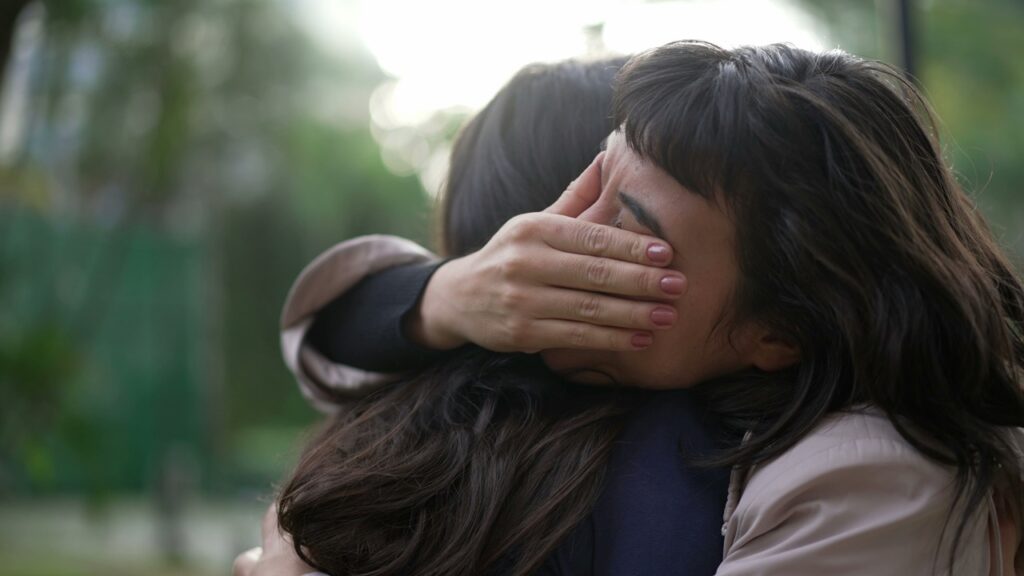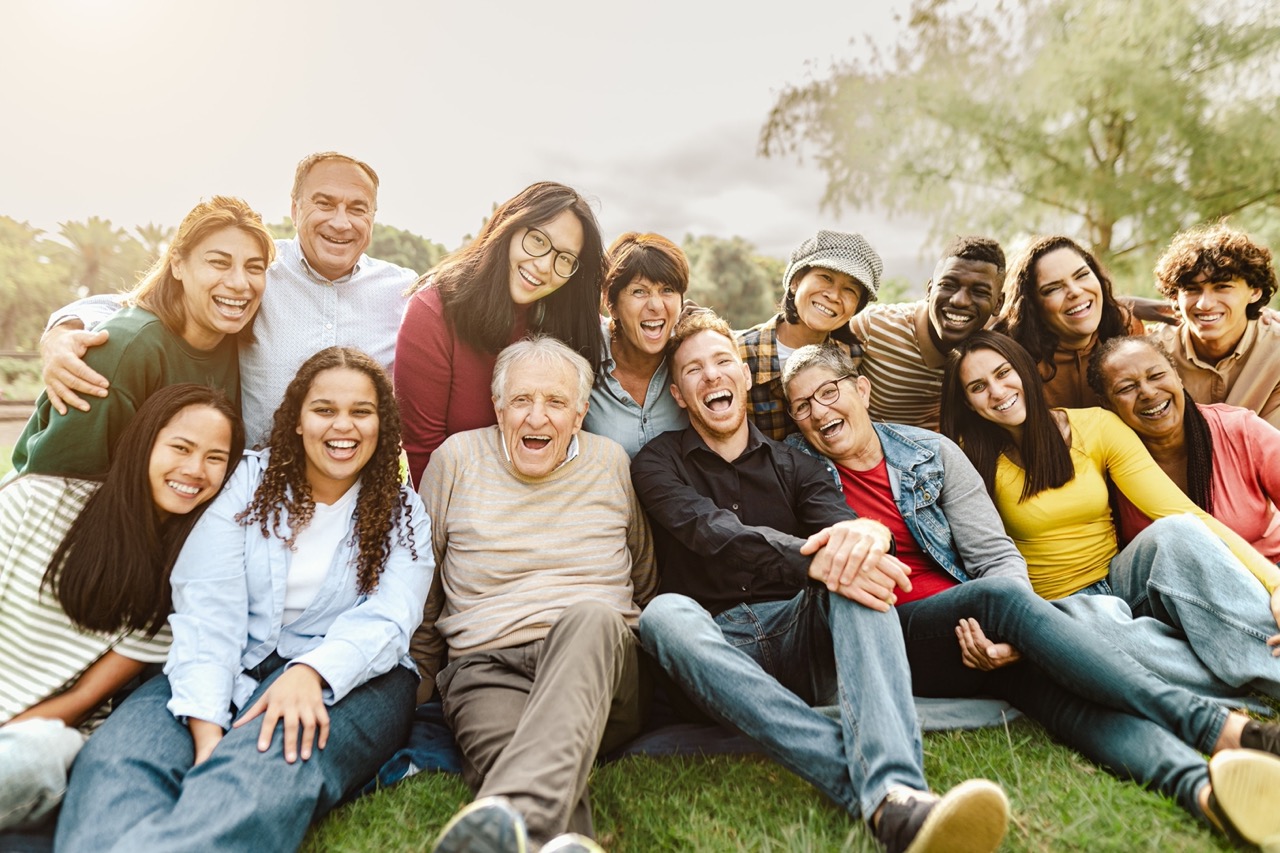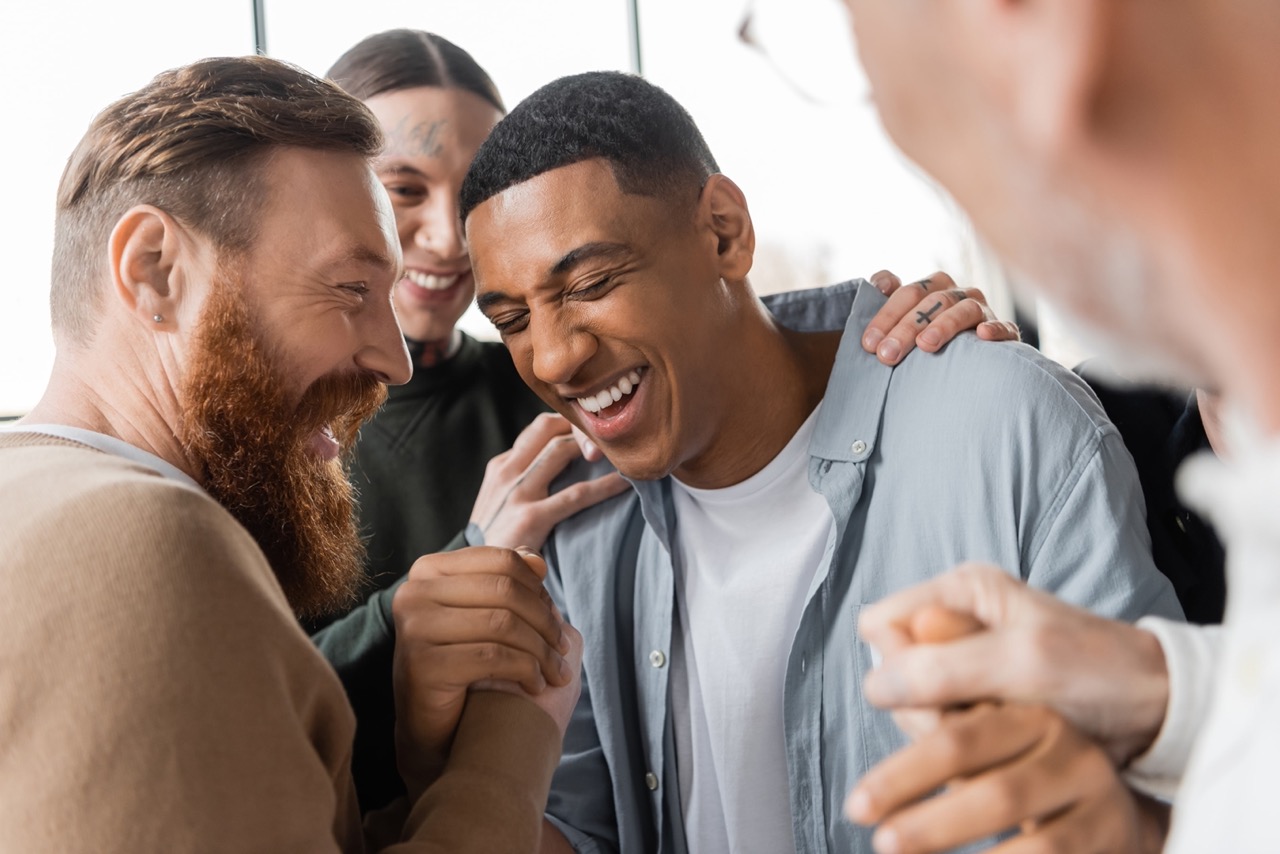How The Center for Wellness & Recovery of Northeast Georgia Can Help You Rebuild Relationships
Relationships are the heart of our lives—they lift us up, give us purpose, and bring joy. But they can also be complicated, messy, and sometimes painful. Whether it’s with a partner, family member, or close friend, life’s challenges—like addiction, mental health struggles, or past trauma—can put serious strain on the bonds we hold dear.
Maybe you feel unheard in your relationship. Maybe trust has been broken. Maybe arguments seem to go in circles with no resolution. If any of this sounds familiar, you’re not alone. The good news? Therapy can help you find your way back to connection, trust, and healing.
At The Center for Wellness & Recovery of Northeast Georgia, we know that healing relationships isn’t just about “fixing” problems—it’s about learning new ways to communicate, setting healthy boundaries, and rebuilding trust in a safe, supportive space.
We offer a range of services designed to support individuals and families through the recovery process, addressing both mental health and substance use disorders.
Why Do Relationships Struggle with Substance Use Disorders?
No relationship is perfect, and everyone faces struggles at some point. But when a mental health condition, addiction, or past trauma are in the mix, relationships can become even more challenging. Some of the most common struggles we see include:
- Breakdowns in Communication – Conversations turn into arguments, or worse—no one talks at all.
- Loss of Trust – Addiction, dishonesty, or past hurts can leave deep scars.
- Codependency & Enabling – When caring for someone turns into losing yourself.
- Emotional Distance – Feeling disconnected, unheard, or unsupported.
If you’re experiencing any of these, it doesn’t mean your relationships are doomed. With the right support, healing is possible.
Understanding Addiction and Its Impact
Addiction is a multifaceted condition that profoundly affects an individual’s brain, behavior, and relationships. Substance use disorders often develop from the misuse of substances like prescription pain relievers, leading to a harmful pattern of drug abuse. The repercussions of addiction extend far beyond the individual, impacting their loved ones, relationships, and overall quality of life.
Understanding the underlying causes of addiction is crucial for effective treatment. Mental health conditions or past trauma often play significant roles in the development of substance use disorders. Recognizing the signs and symptoms of addiction, such as drastic changes in behavior or mood, can be the first step toward seeking help and support. By addressing these root causes, we can create more effective treatment programs that not only treat addiction but also promote holistic healing and recovery.
The Recovery Process
The journey to recovery from addiction is deeply personal and requires a comprehensive treatment approach tailored to the individual’s needs. Effective treatment programs address the physical, emotional, and psychological aspects of addiction, incorporating individual therapy and support groups to provide a well-rounded support system.
The recovery process typically involves several stages, each presenting its own challenges and opportunities for growth. Detoxification is the initial step, where the body clears itself of the substance. Rehabilitation follows, focusing on therapy and skill-building to address the underlying issues of addiction. Maintenance is the ongoing effort to sustain recovery and prevent relapse.
Developing coping skills and strategies, such as mindfulness and self-care, is essential in managing cravings and maintaining sobriety. Building a robust support network, including family, friends, and peers, plays a critical role in long-term recovery and overall well-being. With the right support and resources, individuals can navigate the recovery process and reclaim their lives.
How Therapy Helps You Heal & Reconnect
Therapy isn’t just about talking—it’s about learning, growing, and creating healthier, stronger relationships where both people feel valued and understood.
Therapy provides tools and strategies to help individuals cope with stress, trauma, and mental health challenges, fostering healthier relationships.
Here’s how we help:
Rebuilding Trust One Step at a Time
Trust takes time to build and moments to break. In therapy, we create a safe space where honesty can happen without blame or shame. We guide you through conversations that help you and your loved ones understand each other’s experiences, repair damage, and build a stronger foundation.
Strengthening Communication Skills
Ever feel like no one is really listening? Or that when you try to share your feelings, it backfires? We teach practical communication techniques like:
- Active listening – Really hearing and understanding before responding.
- Healthy self-expression – Sharing feelings without fear or defensiveness.
- Conflict resolution – Turning disagreements into productive conversations instead of fights.
Setting Healthy Boundaries
Boundaries aren’t walls—they’re guidelines for what is okay and what isn’t in relationships. If you struggle with saying no or feeling guilty for taking care of yourself, we can help you:
- Understand what healthy boundaries look like
- Say no without guilt
- Prioritize self-care without feeling selfish
Healing the Past & Moving Forward
Many people don’t realize how much past trauma affects their present relationships. If old wounds keep coming up, therapy can help you:
- Identify how past hurt is impacting your relationships today
- Process painful emotions in a safe, supportive environment
- Break free from unhealthy patterns and create healthier ones

Supporting Loved Ones in Recovery
Supporting a loved one in recovery is a journey that requires empathy, understanding, and patience. Family members and friends play a pivotal role in this process by providing emotional support, encouragement, and accountability. Educating oneself about addiction and the recovery process can foster a deeper understanding of the challenges faced by the loved one.
Encouraging open and honest communication is vital in building trust and strengthening relationships. This transparency helps create a supportive environment where the individual feels safe to share their struggles and progress. Additionally, seeking support for oneself through individual therapy or support groups can be incredibly beneficial. It allows family members and friends to navigate their own emotions and challenges, ensuring they are well-equipped to support their loved one effectively.
By fostering a compassionate and informed approach, we can help our loved ones on their path to recovery, strengthening our relationships and promoting healing for everyone involved.
What Kind of Individual Therapy Can Help?
At The Center for Wellness & Recovery of Northeast Georgia, we offer different types of therapy based on what you need:
- Individual Therapy – For personal growth, healing, and self-awareness.
- Couples Therapy – For improving connection, communication, and trust.
- Family Therapy – For healing relationships impacted by addiction, trauma, or mental health struggles.
- Group Therapy – For learning from others, sharing experiences, and finding support.
No matter where you are in your journey, we’re here to help you reconnect, repair, and rebuild.
You Don’t Have to Heal Alone—Our Treatment Programs Are Here for You
Healing relationships takes time, patience, and support, but you don’t have to do it alone. At The Center for Wellness & Recovery of Northeast Georgia, we specialize in helping individuals, couples, and families navigate the challenges that mental health struggles, addiction, and past trauma bring to relationships.
Our team of expert, licensed therapists provides compassionate, judgment-free care tailored to your unique situation. Whether you need to rebuild trust, improve communication, set healthy boundaries, heal from past trauma, or work through the effects of addiction on your relationships, we are here to support you. We offer individual, couples, family, and group therapy in a safe, welcoming environment, with flexible options to meet your needs, including in-person and virtual sessions.
No two relationships—or healing journeys—are the same, which is why we create personalized treatment plans designed to help you reconnect and build stronger, healthier connections. If you’re ready to take the first step toward healing, contact us today 706-886-HOPE (4673).


